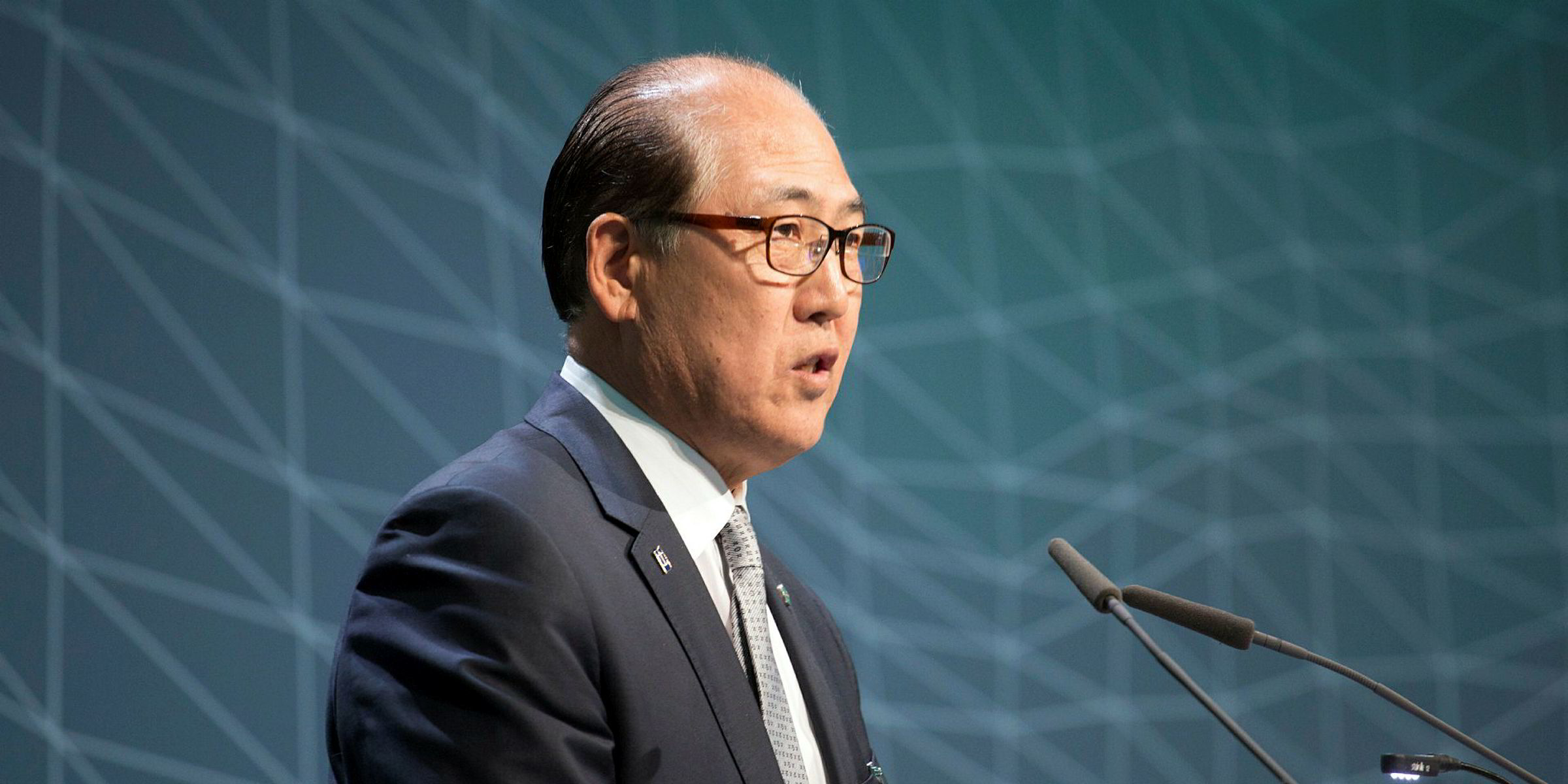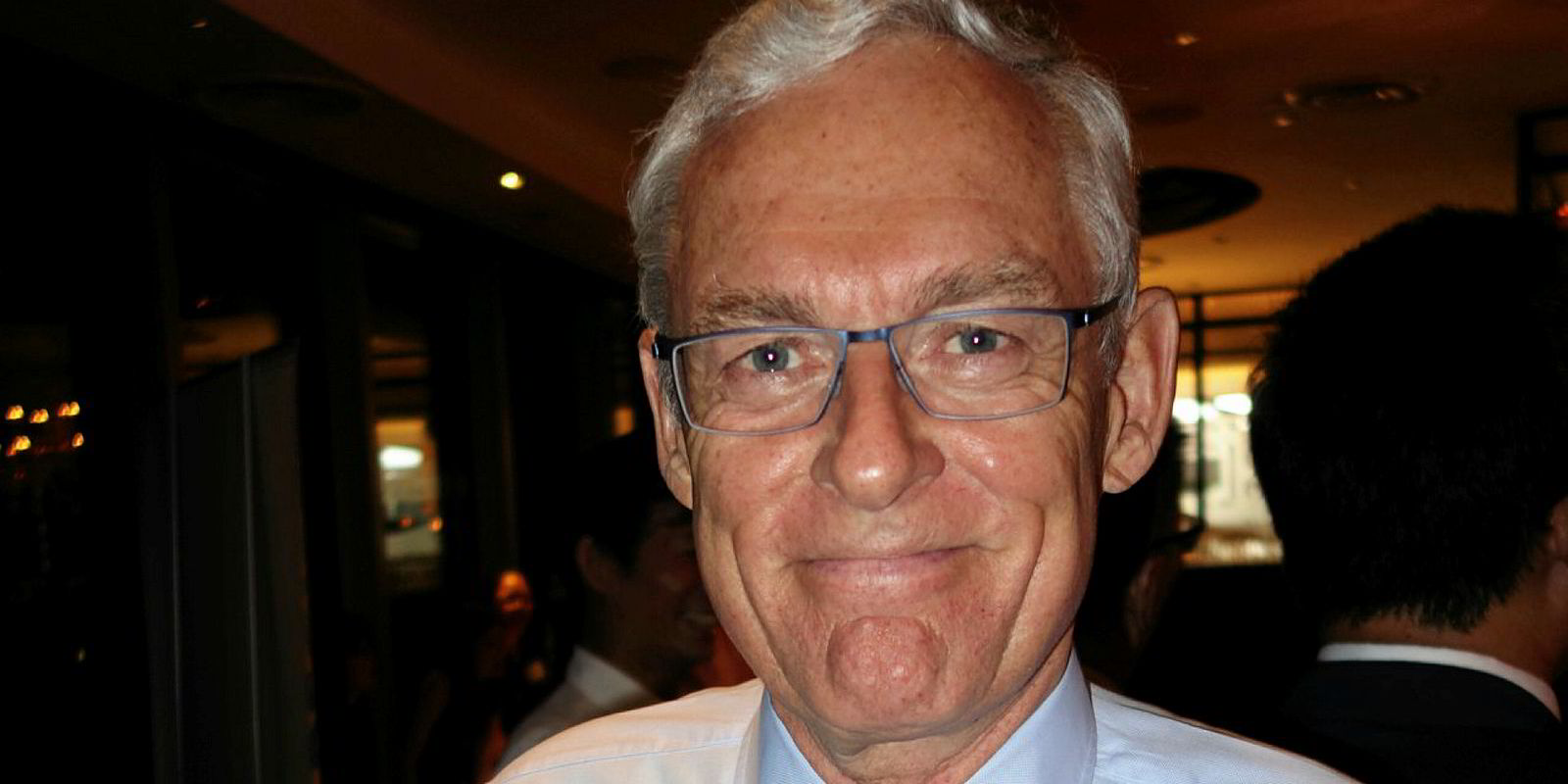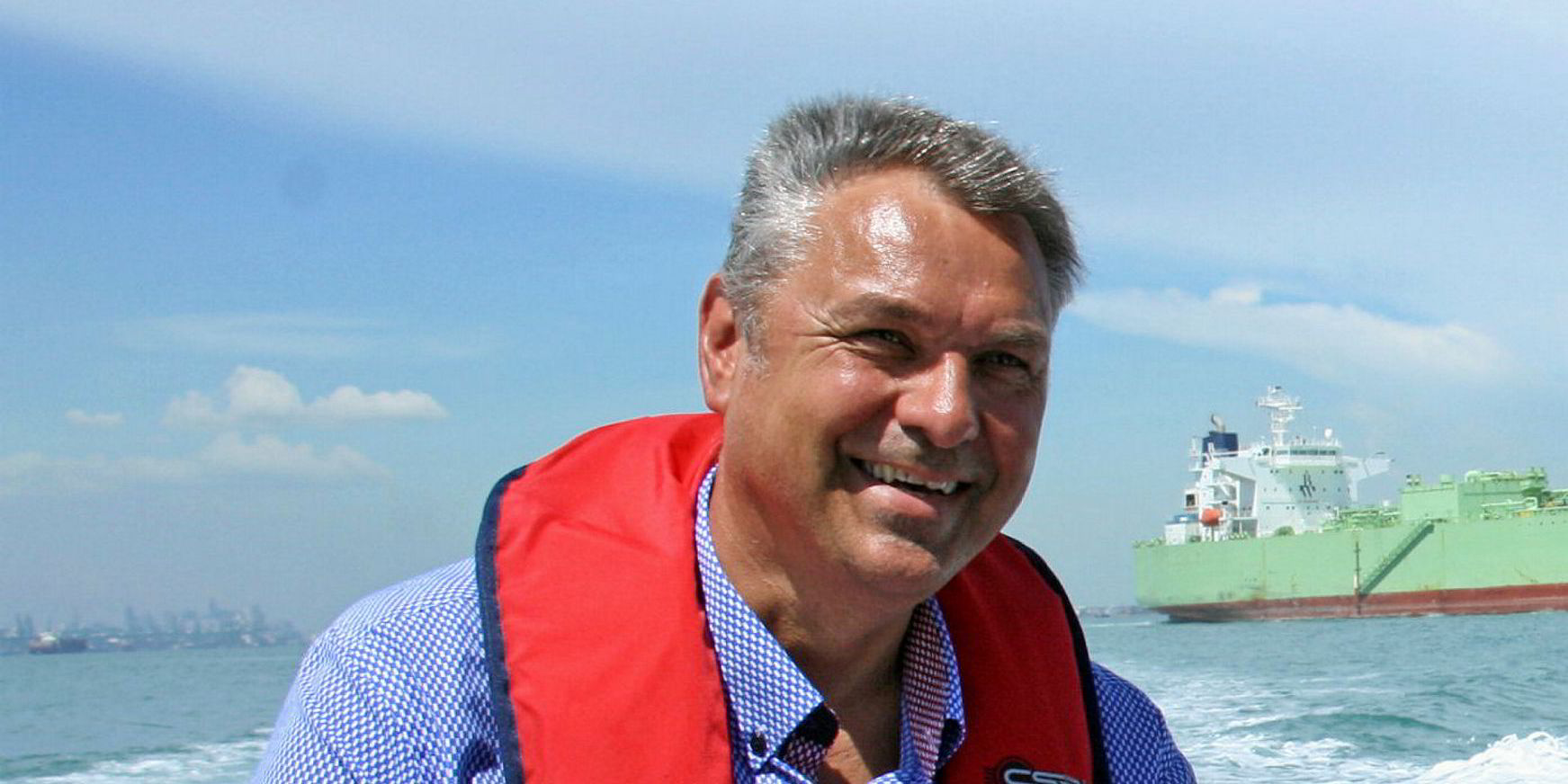Heads of international and regional shipping bodies say that international agreement, cooperation and investment are required if shipping wants to meet its green goals.
By all accounts, negotiations that led to the IMO’s CO2 reduction deal were heated, showing yet again that it is hard to reach consensus in a fractious global industry such as shipping.
Last Thursday, just two weeks after the landmark deal was reached, IMO secretary general Kitack Lim told delegates at the Asia Europe Meeting (ASEM) Conference on Green Shipping in Singapore that he was grateful for the support of the shipping industry despite the huge investment that would be required.
“The IMO agreement leaves no room for anyone to get commercial gain by cutting corners," he said. "It levels the playing field by ensuring standards are implemented across the industry. We now begin the work of deciding how to implement it and send the message to those at the forefront of technical development that there is a market. The industry has to bear the cost, or at least some of it. I believe there is the opportunity to find innovative solutions that will cut costs in the long run.”
International Chamber of Shipping president Esben Poulsson said the agreement gives the industry a clear signal that it needs to get on with the job of achieving 0% emissions — and, for this to happen, governments must help facilitate the development of the required technology.

That could be a challenge, said Ambassador Dewa Made Sastrawan, senior advisor on international relations to Indonesia’s minister of transportation, who called for greater cooperation between maritime nations.
“Indonesia is committed to the Paris Agreement and the IMO conventions, but it is a challenge for us," he said. "We already have the challenge to build infrastructure, but now we have the added challenge of being green. In Indonesia, we have gas but we don’t have the technology. Norway has the technology. So how do we create the cooperation? How do we tap the global experience with green shipping?”

In response, Olav Akselsen, Norway’s director general of shipping and navigation, said the Norwegian Maritime Authority was more than willing to share its experiences and already has bilateral agreements with several nations.
Akselsen stressed it was important for maritime states to back IMO conventions.
“The problem is the lack of ratification," he said. "It is the only way that we can have industry-wide standards.”



